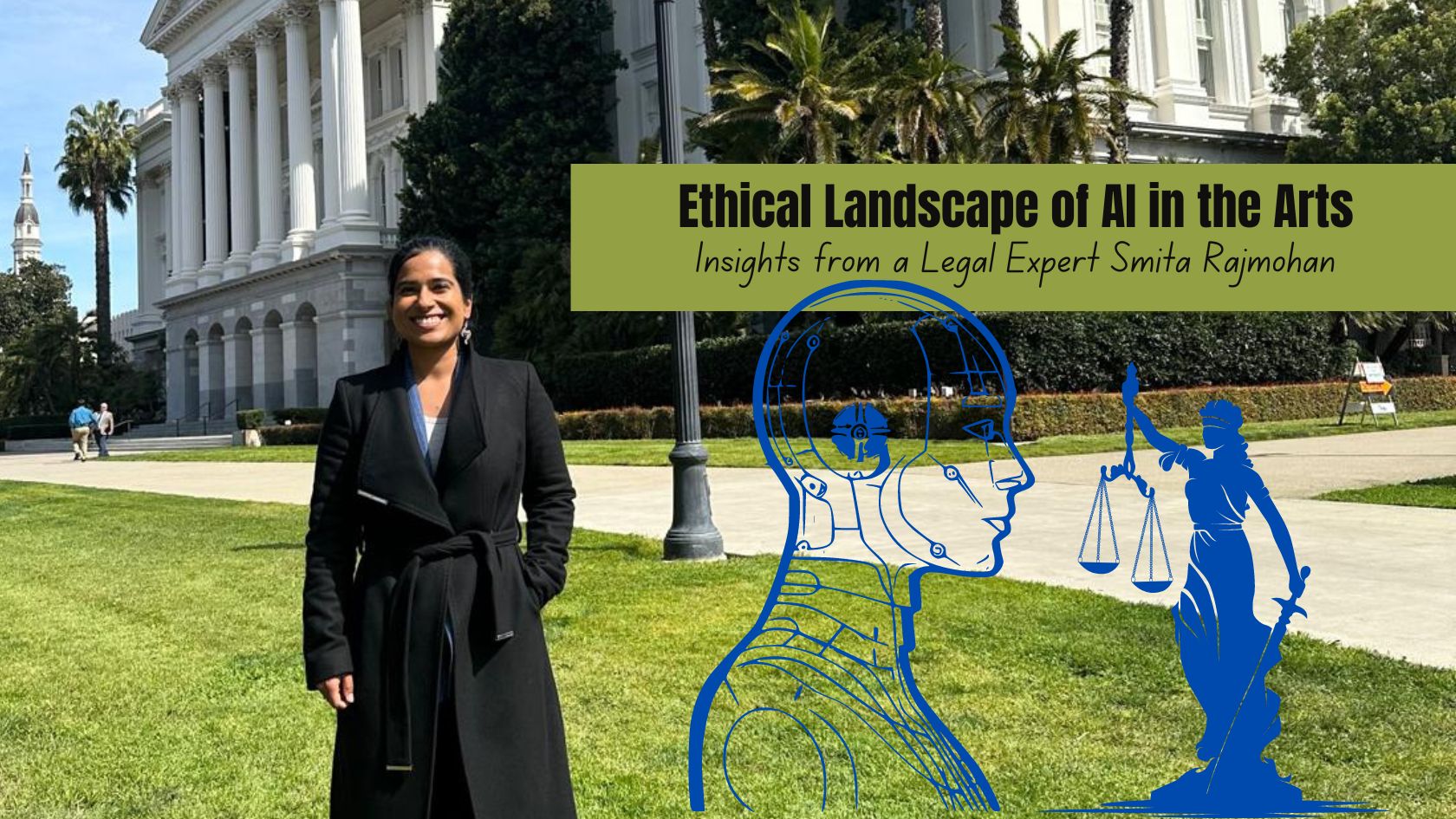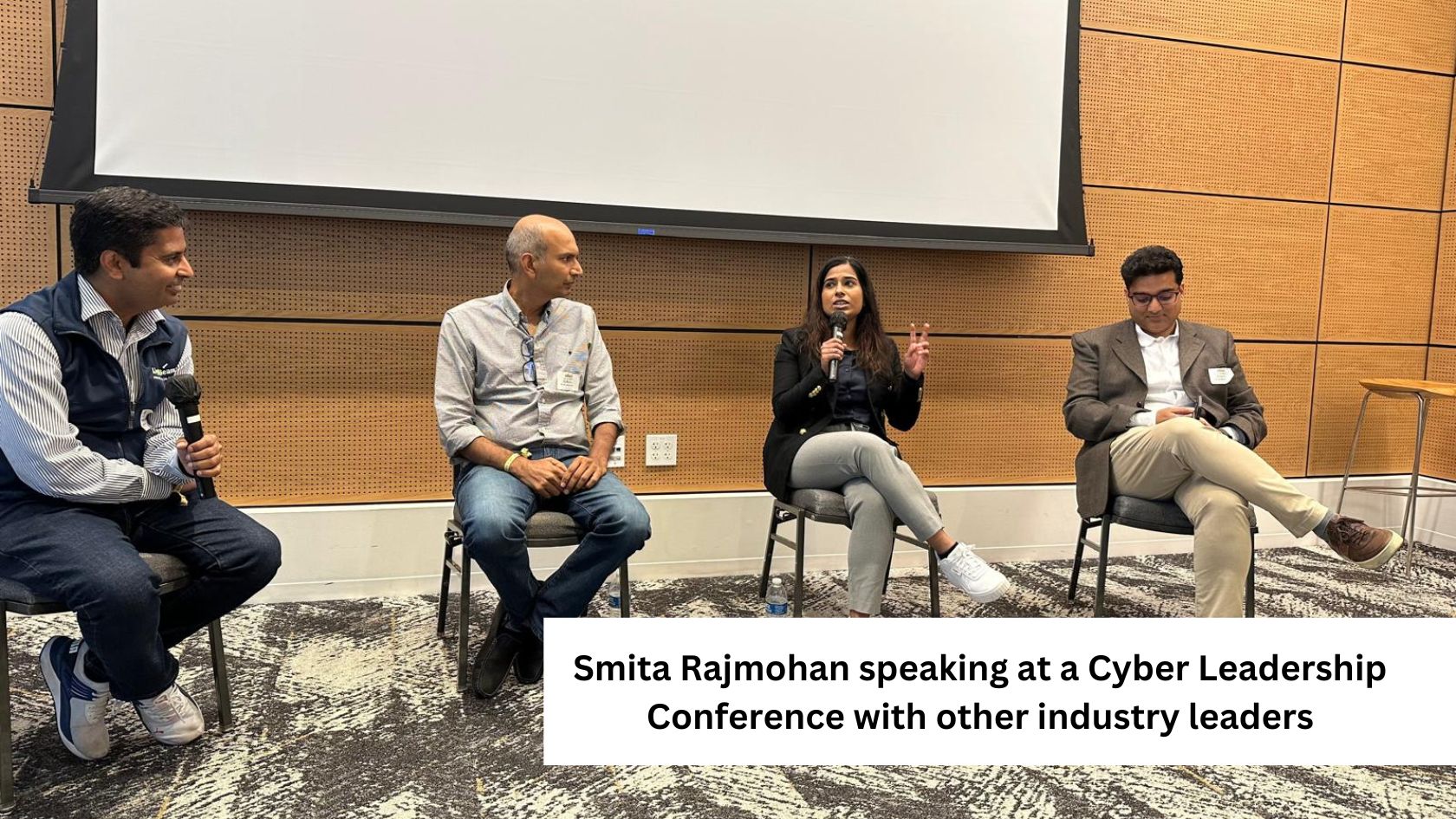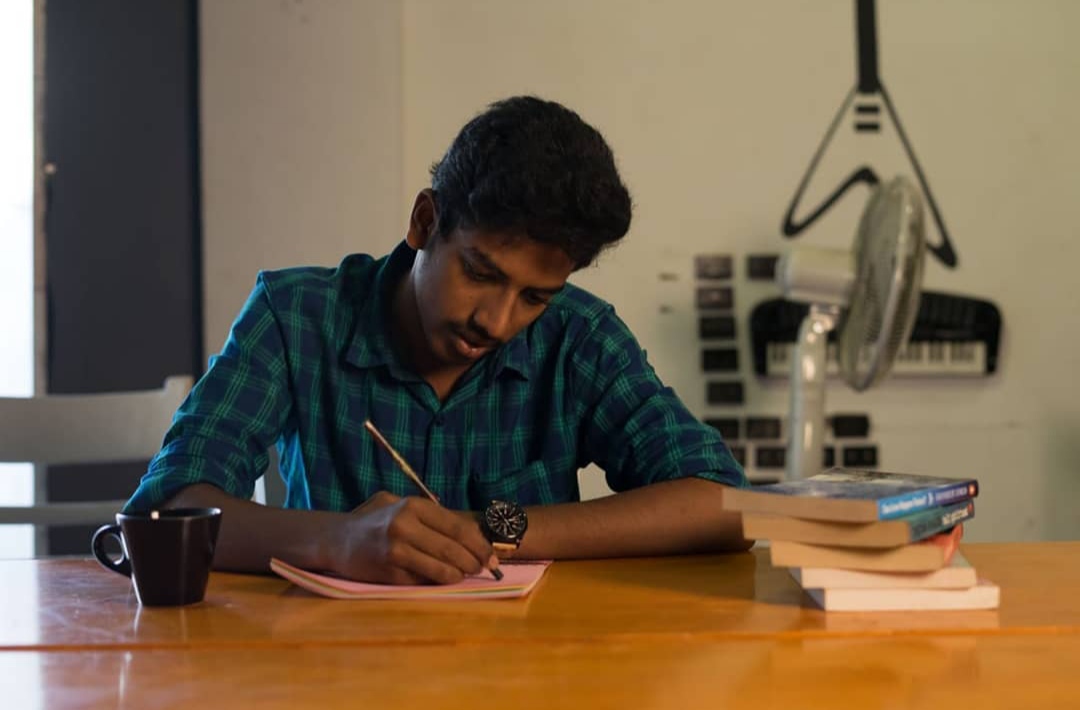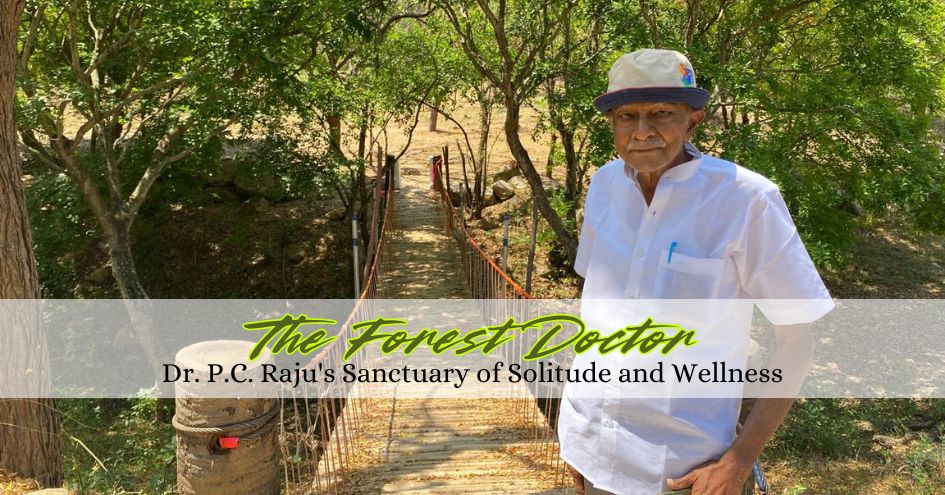
In a candid interview, seasoned lawyer Smita Rajmohan shared insights into her unique journey, where the realms of law and artificial intelligence converged. "I always imagined myself as a journalist," she revealed, describing her early aspirations. Yet, fate had different plans. Influenced by her family and a chance encounter with a friend who was pursuing law, Smita found herself drawn to the legal profession. "That was the turning point," she explained, "where my passion for advocacy and problem-solving began to take shape."
Her academic path led her from India to a Master's degree in the United States, demonstrating her commitment to broadening her legal knowledge. However, it wasn't until she stumbled into the burgeoning field of artificial intelligence that her professional trajectory truly shifted. "I was fascinated by the intellectual challenges," she admitted, "and especially by the intersection of AI and privacy rights – the ethical questions were fascinating." Her deep appreciation for creativity and the arts shone through. "Intellectual property rights are the backbone of artistic expression," she emphasized, "and it's become clear how AI plays a crucial role in protecting artists' rights in an ever-evolving digital landscape."
Where Originality Meets the Algorithm
"The world of music plagiarism gets incredibly tricky with AI," Smita Rajmohan explained. "When an algorithm can create something so similar to an original composition, how do you determine what's truly authentic?" With a deep understanding of both AI's power and its limits, she discussed the subtle criteria used to assess artistic integrity in the digital age. "The law is always trying to catch up with technology," she added, "this is a perfect example. Lawyers have to understand how these algorithms function and the new complexities they bring." AI's reach across society demands a reevaluation of our legal frameworks. "We need regulations that protect both ethical standards and individual rights," she stressed.
Who Owns AI-Generated Art? A Question for Tomorrow's Courts
The conversation reached its crux: who owns a piece of art when AI plays a significant role in its creation? Smita acknowledged the lack of clear-cut answers at this point in time. "We need to find a balance between recognizing the role of AI tools and preserving the space for genuine human creativity," she said. The challenge lies in distinguishing between authentic artistic expression and the output of clever algorithms. "When AI can perfectly mimic a human artist's style, how do we even tell the difference? Who is, in some sense, the true 'author'?" These questions have far-reaching implications for the legal landscape.
Intellectual Property in an AI-Driven World
"Private companies are at the forefront of shaping the ethical use of AI-generated content," Smita emphasized. "With laws constantly playing catch-up, these platforms need their own guidelines and ways to enforce them. This protects against copyright issues and those trickier ethical questions."
She brought the discussion closer to home. "India has strong intellectual property frameworks, but when does AI-generated work blur the lines between art and freedom of speech? We're seeing this play out on social media, where it's hard to tell what's original and what a clever algorithm made." The need for greater clarity and legal accountability in this sphere became evident. As technology continues to reshape how we create and share information, Smita stressed the crucial role of legal experts in guiding us through murky ethical waters regarding AI and intellectual rights.
Shaping Truth and Spreading Lies
The focus then shifted to the danger of widespread misinformation. "The internet is flooded with false information – this is where AI can be misused," she warned. She explained how it's increasingly difficult to assess the reliability of sources and how crucial self-education has become to combat this problem. "Don't blindly trust everything that's forwarded to you. Always verify information, especially if it seems outlandish. Remember, newspapers should be independent sources of news, but it's wise to check multiple sources to avoid bias. Finally, we need to be careful with unregulated AI. It has immense potential, but also the potential for harm if not used responsibly."

Responsibility in the Age of AI: Who Holds the Reins?
The question of responsibility took center stage – who is accountable for content in the AI age? Smita pointed out, "With tools that allow anyone to create and spread information so quickly, there are big ethical questions about credit, truthfulness, and how creative work gets treated like any other commodity." The ease with which AI mimics human artistry further complicates the issue. "Who really owns a piece of music or writing if a machine did most of the work? Who gets paid? All of these questions need answers," she stressed.
"We can't lose sight of the human element," she insisted. "It's about finding the right balance between exciting new technologies and the rights of the actual creators." Smita then shifted focus to the next generation of legal professionals. "Law students have to be ready to use AI to their advantage," she explained. "Yes, it helps with research or drafting documents, but the core skills– negotiation, critical thinking, clear communication– those things are timeless in the law." She even touched upon the potential of AI to change legal education itself. "AI might give students new ways to access and understand vast amounts of legal information," she mused, "but that can't replace their own critical analysis and scholarship."
AI as a Tool for Lawyers: Transforming the Legal Landscape
The conversation shifted to how AI could transform government services. "Think about AI systems that can give citizens factual answers, or handle basic administrative tasks," she explained. "The potential to improve efficiency and make things easier for people is huge." Smita was quick to add the need for caution: "Balancing the benefits of AI with privacy is absolutely crucial. Government use of data needs to be upfront and responsible."
The focus then turned to the changing face of legal practice. They discussed the rise of virtual court hearings and the growth of online consultations for legal advice. "AI can streamline research, analyze massive amounts of case law, and help manage huge caseloads," Smita observed, "but the final call, the ethical judgment, that can't be left to a machine."
The Future is (Partly) Artificial: A Lawyer's Call for Ethical AI
Finally, the conversation explored the exciting creative possibilities of AI. "What if AI could make translations more accurate and accessible? Or create new stories based on our itihasas or puranas?" she posed. "Imagine if these tools could adapt the content for different audiences, making our rich cultural heritage accessible to more people." She spoke of the potential for AI to unlock access to traditional knowledge in a way never seen before.
The need for ethical guidelines and human oversight was a recurring theme. "Especially in areas like law or how the government works, we must have ways to control AI and make sure its use is fair," Smita insisted. She stressed the importance of responsible AI development, where privacy, transparency, and answering to the public are at the forefront. "At the same time," she added, "we can use this technology for great things—improving services, making government work better for everyone."
Ideas vs. Expression
The discussion then shifted to a much-needed explanation of intellectual property rights. "Remember, it's not about protecting the idea itself," Smita clarified, "but about protecting the way that idea gets expressed – the actual writing, or the artwork, or whatever it may be." The spotlight thus turned to the murky legal world surrounding AI-generated content. "This is uncharted territory in many ways," she acknowledged. "While ideas alone can't be copyrighted, the original expression of an idea can be. So, with AI in the mix, it comes down to a question of originality." Smita emphasized the need for clear evidence that a human's creativity led to the creation to claim any form of intellectual property ownership.
Transparency, Control, and AI in Collaboration
"It's all about transparency and user control," Smita emphasized when discussing AI ethics. "People need to understand how their data is used, especially when it's feeding those big AI learning systems." She acknowledged the game-changing potential of AI for the content creation industry. "But what about those creators being used without even knowing it, let alone getting paid? That's a huge issue with no easy solution."
Smita proposed several regulatory and ethical steps forward. "Users should be able to control how their data is used. There need to be clear agreements about how AI is trained, with proper credit given," she explained. She went even further, suggesting systems to encourage ethical behavior: "Maybe we need ways to reward and recognize good, ethical AI practices."
Finally, she envisioned a future where collaboration between creators and AI tools is the norm. "Imagine AI that analyzes what kinds of content succeed, then offers useful feedback – that's AI helping a writer, not replacing them," she proposed. She saw AI as a tool that could ultimately amplify human creativity and improve content quality across the board.
Global AI, Local Laws: India's Approach to Regulation
Smita added, “The proactive stance of governments worldwide, with Europe being highlighted for its robust regulatory efforts, such as the AI Act, gives an idea of how India will have similar laws and frameworks in the future. However, India adopts a more cautious "wait and watch" approach, often prioritizing innovation over stringent regulations, partly due to the ongoing election year dynamics.” The discussion let us understand the unique dynamics of India's AI market. While US tech firms currently dominate, India's growth potential is immense, AI regulation in India must be practical and focused on preventing potential harms. This approach will ensure adaptability during a time of rapid technological change. Additionally, it's vital to consider how India's legal landscape will influence global AI development and the complex issue of data ownership in the AI era.
Lawyers of the AI Age
She underscore the pivotal role of lawyers in navigating the complex legal landscape surrounding AI. Legal advisors play a crucial role in guiding companies on ethical AI practices, data privacy, liability issues, and regulatory compliance. As AI technologies continue to advance, legal professionals must stay abreast of evolving regulations and provide informed counsel to clients across various sectors.
A balanced approach to AI governance is essential, prioritizing innovation while guarding against algorithmic bias and privacy violations. Legal frameworks must adapt to technological advancements without hindering creativity. Public-private collaboration is essential in developing responsive legal frameworks that effectively address emerging challenges.
Overall, the conversation offers valuable insights into the constantly evolving interplay between AI technology, legal regulations, market dynamics, and personal experiences, contributing to a deeper understanding of this complex landscape. AI is the future? We can't be sure yet, but AI is definitely a crucial part of the future. Like every other innovation in history, it all ends with the user and governments, legal professionals, and companies that are striving, to hold the horses, to tame the powerful, for better use. Regulations are drafted, but responsibilities are taken.
|| Dharmo Rakshati Rakshitah ||
 Vigneshwaran, Senior Correspondent of TheVerandahClub.com is both a skilled digital content writer and marketer by profession, as well as an avid independent writer driven by his passion. His literary talents extend to crafting beautiful poems and captivating short stories including the Sehwag Tales series. In addition to these creative pursuits, he has also authored a book titled "Halahala," which can be found on Wattpad.
Vigneshwaran, Senior Correspondent of TheVerandahClub.com is both a skilled digital content writer and marketer by profession, as well as an avid independent writer driven by his passion. His literary talents extend to crafting beautiful poems and captivating short stories including the Sehwag Tales series. In addition to these creative pursuits, he has also authored a book titled "Halahala," which can be found on Wattpad.
NEXT ARTICLE

"A staggering one in five children in India is pre-diabetic," revealed Mrs. Swathy Rohit, the visionary founder of Coimbatore-based digital health p...

Where a rhythmic cadence of music blends seamlessly with the structured world of auditing, we found Mukund Swaminathan, a 26-year-old maestro who has...

"Life doesn't offer retirement, only professions do. While I've stepped away from my practice, I haven't retired from living. No one truly retires whi...